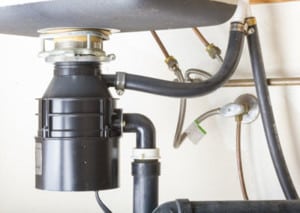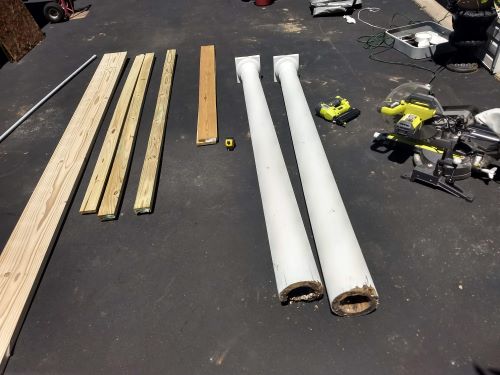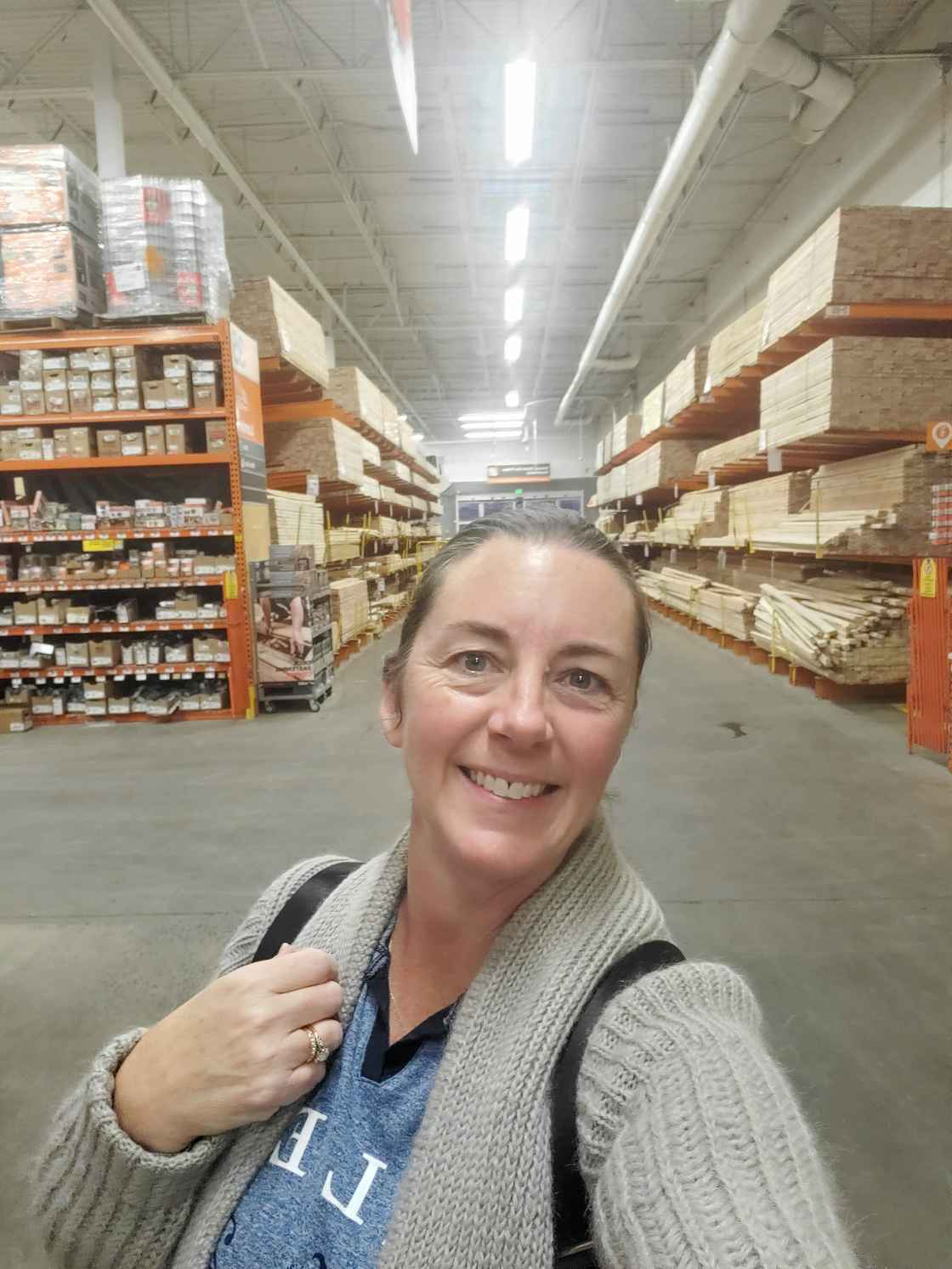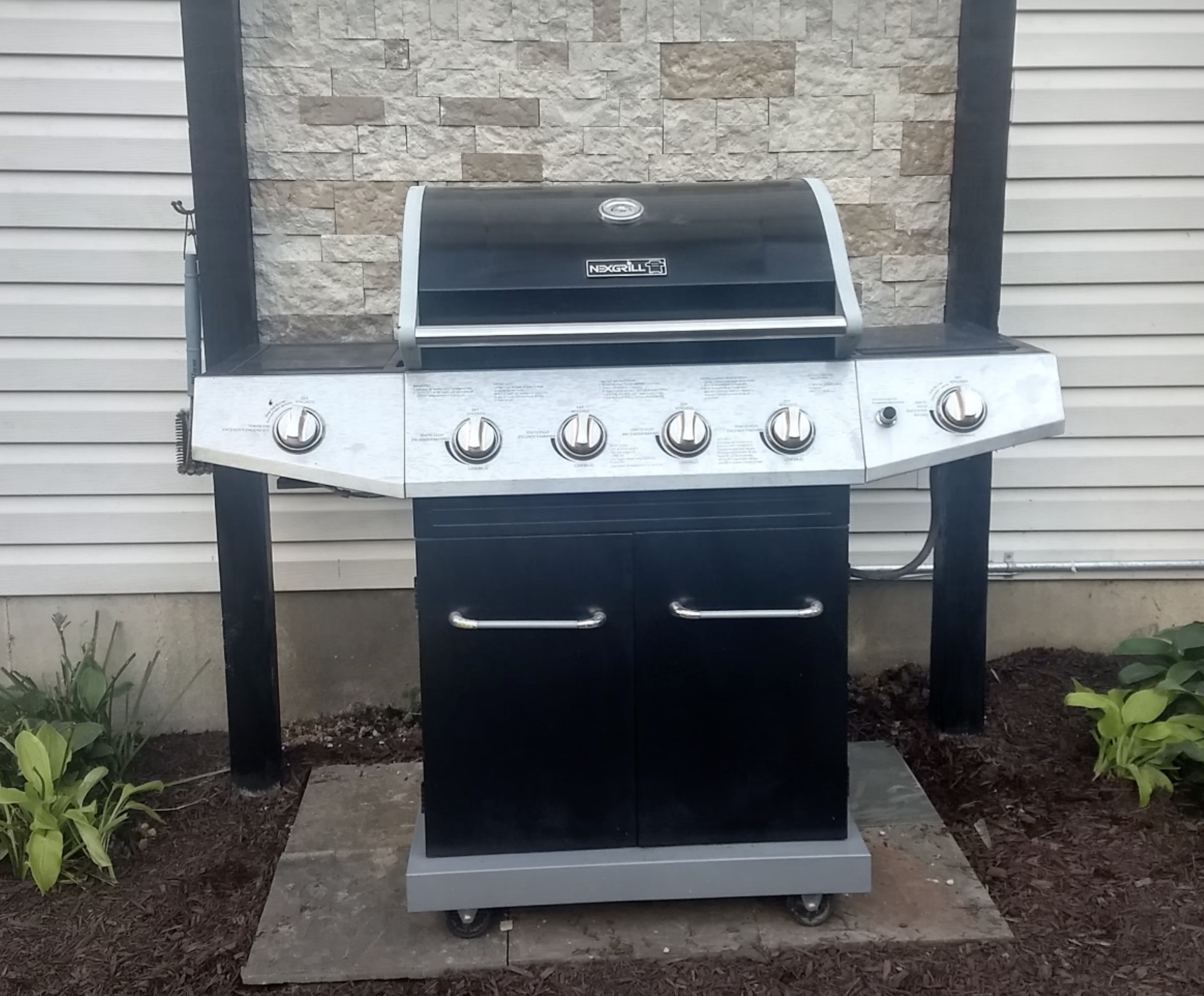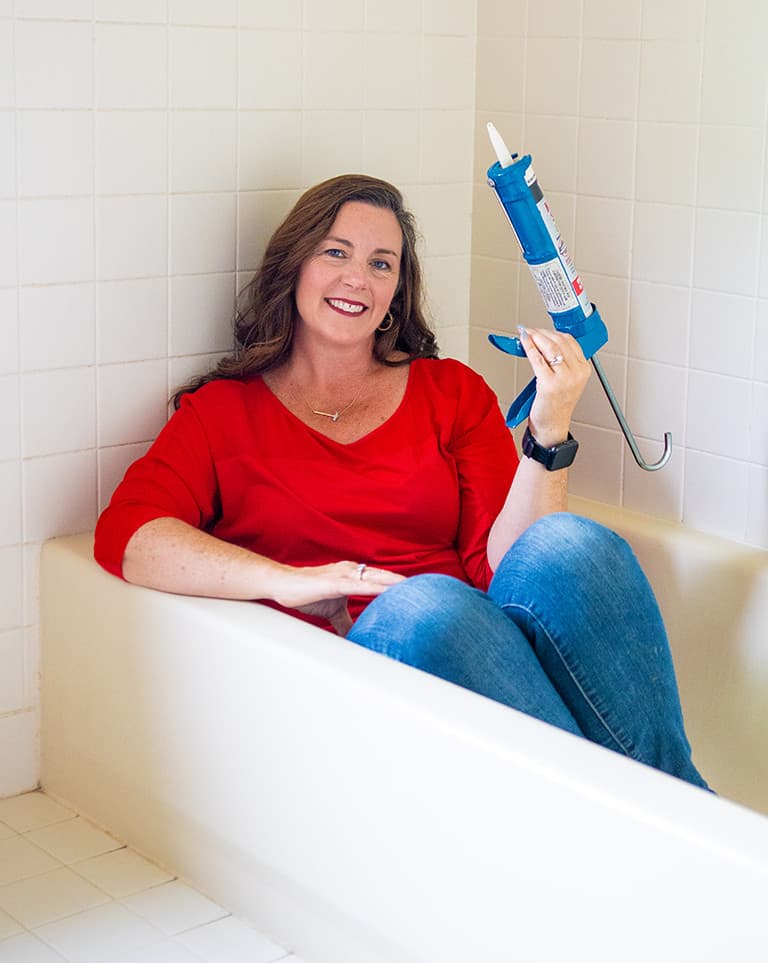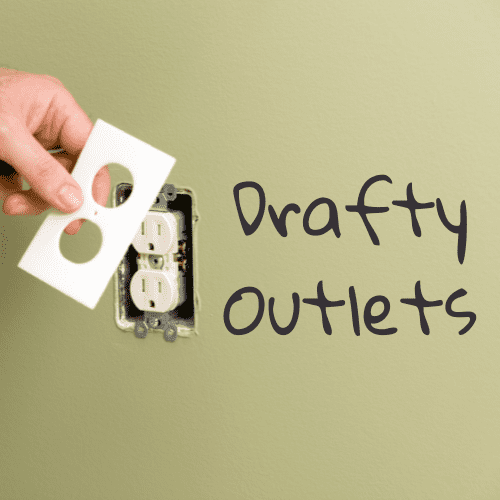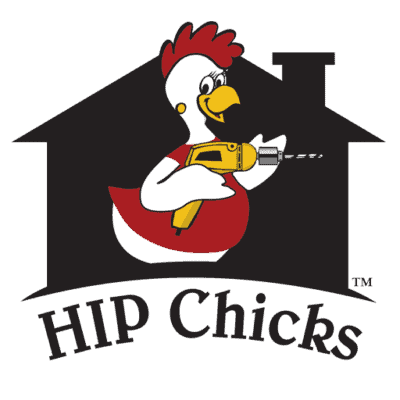Summer is in full swing here in the Philly area.
Keeping cool is on everybody’s mind and if you are fortunate enough to have central air conditioning, you probably run it often. Why suffer through heat and humidity?
When A/C units suddenly fail, homeowners go into panic mode. They are ready to shell out whatever it costs to get it up and running. This can be a financially dangerous predicament, not just a physically uncomfortable one. The world of A/C repair can be confusing and overwhelming.
Homeowners really feel the heat when faced with the new installation of $10,000 A/C unit. It pays to be an educated consumer when deciding on which heating/cooling system to install in your home. Here are a number of factors to consider:
- Understand the basics: The A/C system involves an air condenser (the box outside with the large fan inside) and the blower motor that is part of your furnace. The condenser cools outside air and the blower moves it through the duct work.
- Ask which end of the system is failing.
- Is it worthwhile to invest money into repairs on an aging unit? Most units will last 10 -15 yrs.
- Do you need to replace both the furnace and the A/C unit at the same time? To ensure that your new air conditioner maintains its efficiency rating, you may have to replace your heating system at the same time. If your unit is more than 15 years old, the older furnace and blower motor may not support the ratings for the new condenser. Ask about the efficiency guarantees if only one part is upgraded.
- Do you wish to create zoned air conditioning? Some homes may have duct work to allow you to create upstairs and downstairs controls without needing two separate systems.
- Be sure to understand the energy efficiency standards of your proposed unit. Units are generally listed as 92 percent, 94 percent, 96 percent or 98 percent efficient. Compare your current systems rating with the proposed. High efficiency units may provide greater savings but is it worth the added cost over the life of the unit? Review your current utility bill to compare.
- Get estimates from both a large HVAC company and a small independent service provider.
- If your unit is having issues, get estimates before the unit fails completely. You will not feel so pressured to agree to the first estimate if you have done your homework ahead of time.
- Understand all warranties and service contracts so you can compare estimates. Some companies offer extended guarantees but only if you sign up for yearly service plans.
- Consider adding a humidifier to your new unit if you have issues with allergies or excessive dryness in the home.
- Review the financing options. Systems can run $5,000 for smaller homes and up to $20,000 for very large homes. This is a major investment in your home.
Being an educated shopper can save you a lot of money, both up front with the purchase of the HVAC unit, and for years to come with energy efficiency. Ask questions, be your own advocate and choose wisely.


